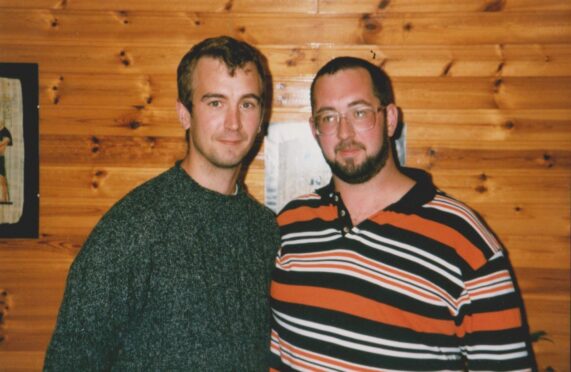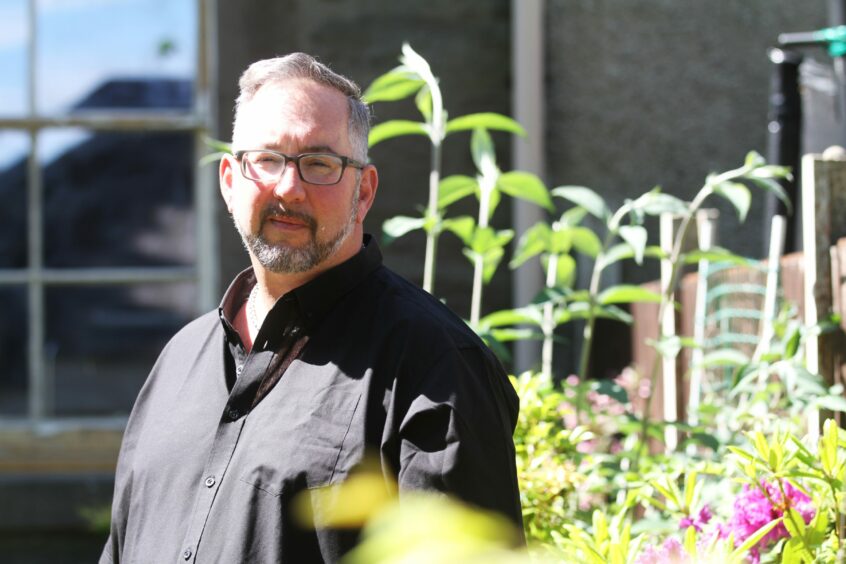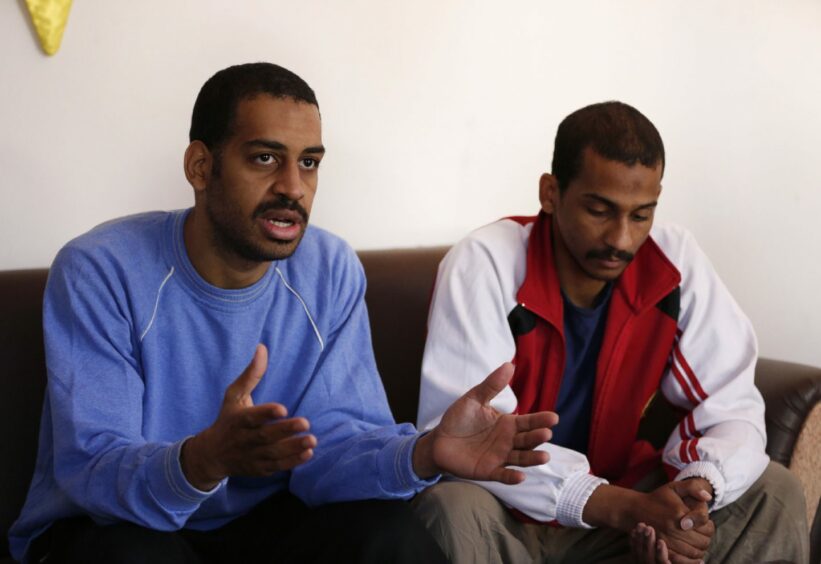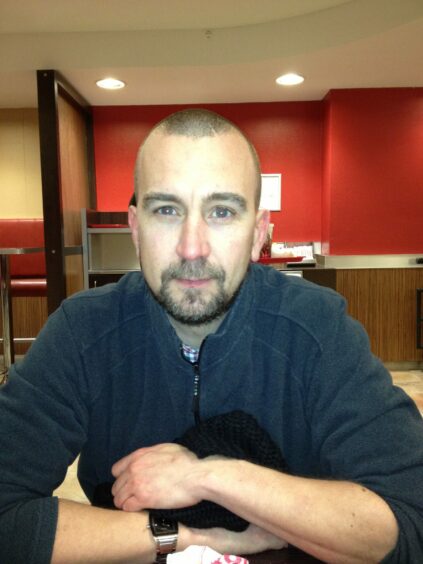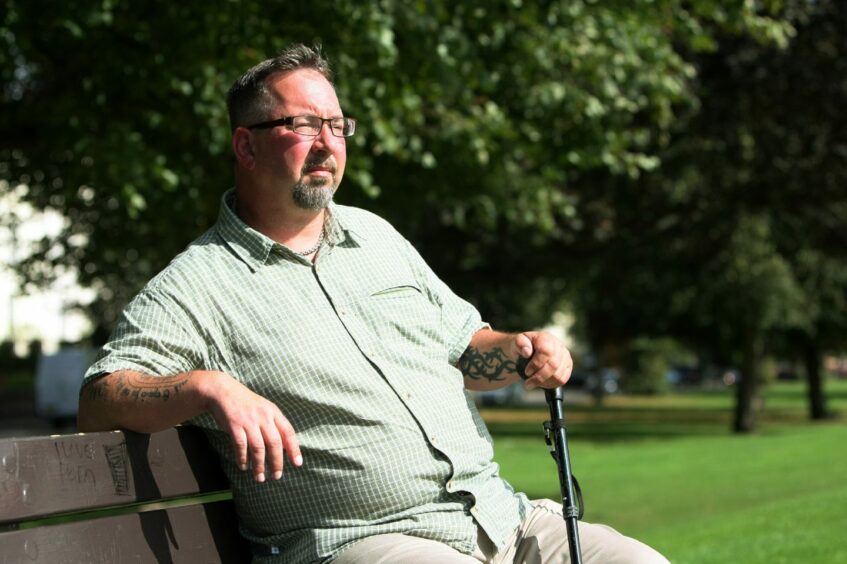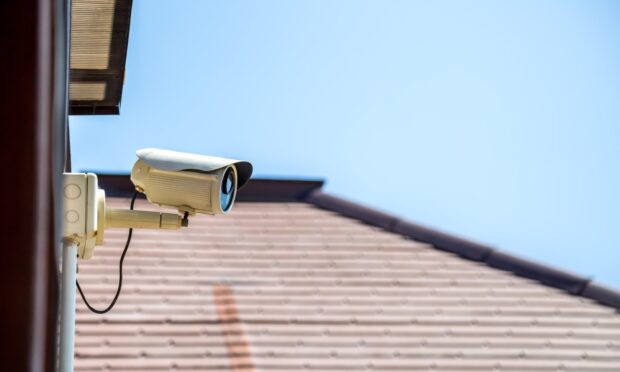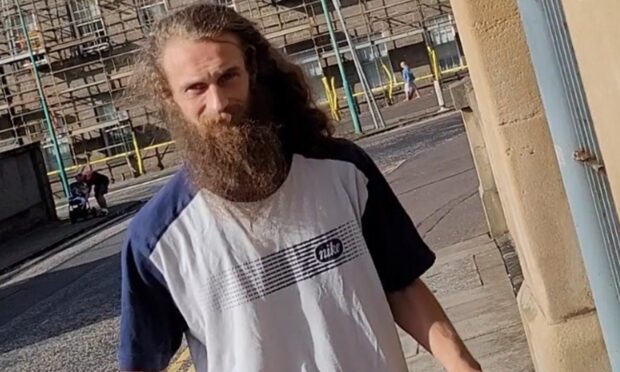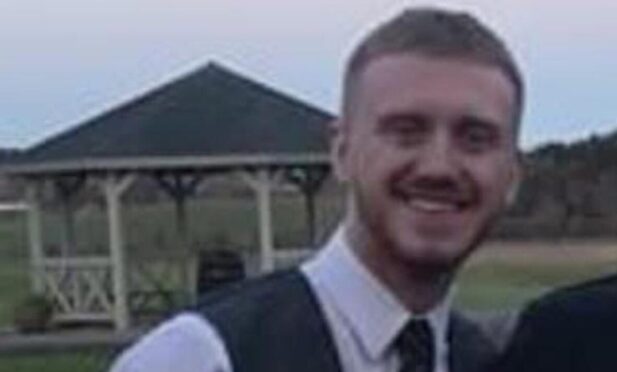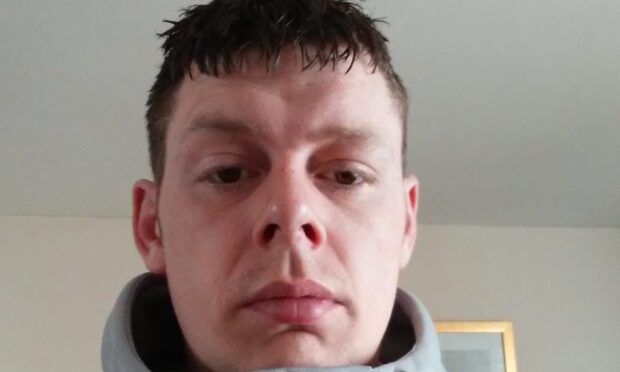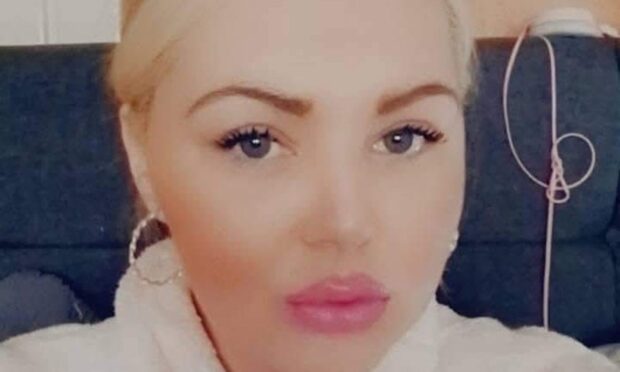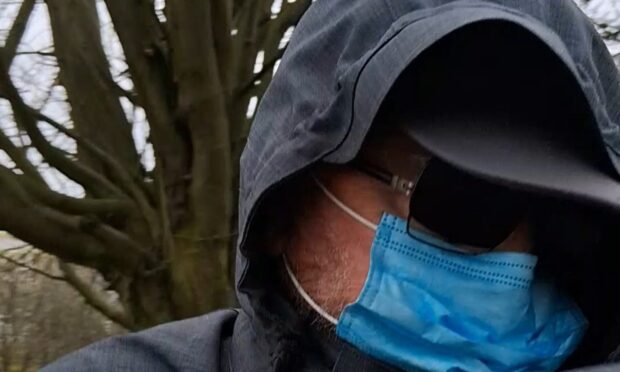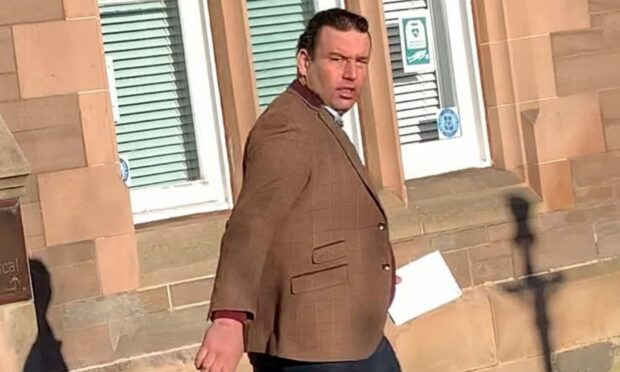The brother of murdered aid worker David Haines has told how he struggled to forgive the notorious terror cell killers who had a hold over his life for the last nine years.
Former Perth Academy pupil David died at the hands of an Islamic State terrorist group known as The Beatles in 2013.
The 44-year-old’s execution, which was filmed and released by his Syrian captors, sent shockwaves around the world.
Last week, older brother Mike came face-to-face with IS Beatle Alexanda Kotey as he was jailed for life for his role in the terrorist group.
Mike, from Dundee, read out a powerful victim impact statement to the courtroom and told Kotey and co-accused El Shafee Elsheikh – who also faces life in prison – that he had forgiven them.
RAF veteran Mike, who now leads the educational Global Acts of Unity campaign in his brother’s honour, has told The Courier how he wrestled with his feelings about the men right up until the moment he laid eyes on them.
“It has been a long road with hate at one end and forgiveness at the other,” he said.
‘A quiet, grim satisfaction’
London-born Kotey was sentenced for his part in the murders of four US hostages, but relatives of other victims were invited to address the court.
Mike was one of several family members who read out statements, explaining how their lives had been impacted by the actions of Kotey’s terrorist cell.
Daughter Bethany Haines told the killers that she still woke at night to her father’s screams.
“I expected that when I saw the two men I would feel hatred and anger,” said Mike, now back home in Dundee.
“But actually, when I walked into the court I felt nothing for them.”
He said: “I just wanted to shut the door on them.
“For so so long, they have been part of my immediate family’s life.
“They have had a hold over me and I felt hatred for them at times.
“So when I looked at them and said ‘I forgive you,’ I felt a weight lifting from my shoulders.
“It really did feel the right thing to do at the right time.
“There was no exaltation or feeling of revenge. It was just quiet, grim satisfaction.”
He said: “I could feel my brother beside me, saying ‘yes’.
“It felt like my father and mother, who have both passed, were there with me too. It was a family moment, a family decision.”
‘They no longer had a hold on me’
Mike said: “Since my brother’s murder, I have felt hate.
“And part of that has been that I hate the fact that I feel hate for the people that caused my brother’s murder.
“So even just minutes before I gave my impact statement, I was questioning whether it was the right thing to do and whether I could actually let go.
“I knew that they had a piece of me.”
He said: “Actually, it was most definitely the right thing to do.
“I feel that door closing and I knew they no longer had that hold over me.”
As he spoke, Kotey looked at the floor and blinked. Elsheikh showed no emotion.
‘Vicarious justice’
At the end of the hearing, Mike thanked Kotey’s defence team.
He told them he was really pleased that the terrorist’s legal, human and civil rights were being held up to the highest degree.
“Although none of the charges related to David, it was a sense of vicarious justice,” he said.
“They are going to prison for a very long time and I’m very happy with that,” he said.
“They are not going to get the opportunity to spread their philosophy and twisted view of Islam. They are not going to be a danger to others.”
Now Mike is restarting his Global Acts of Unity campaign after a Covid-enforced hiatus.
He is touring schools and groups in the north of England, telling his brother’s story and sharing a message of unification and peace.
The group, which was ineligible for government funding during lockdown, is in the process of becoming a charity organisation.
